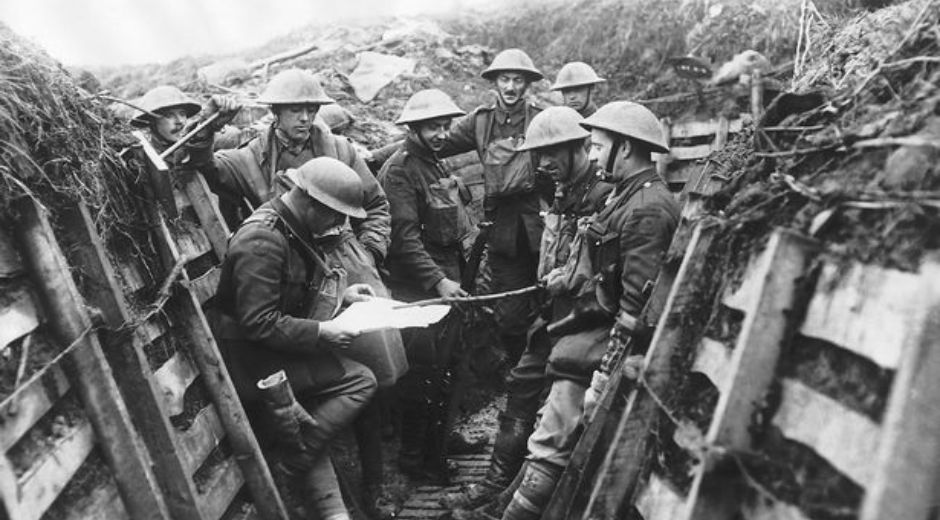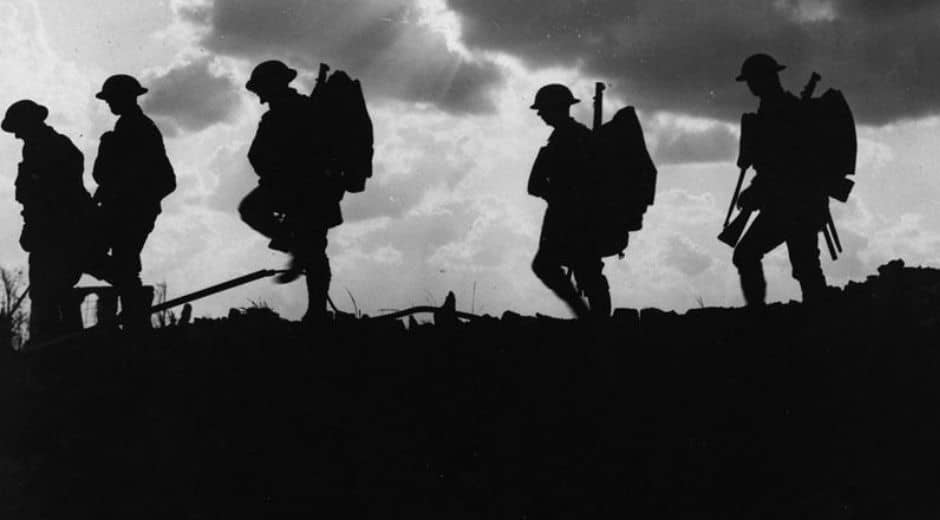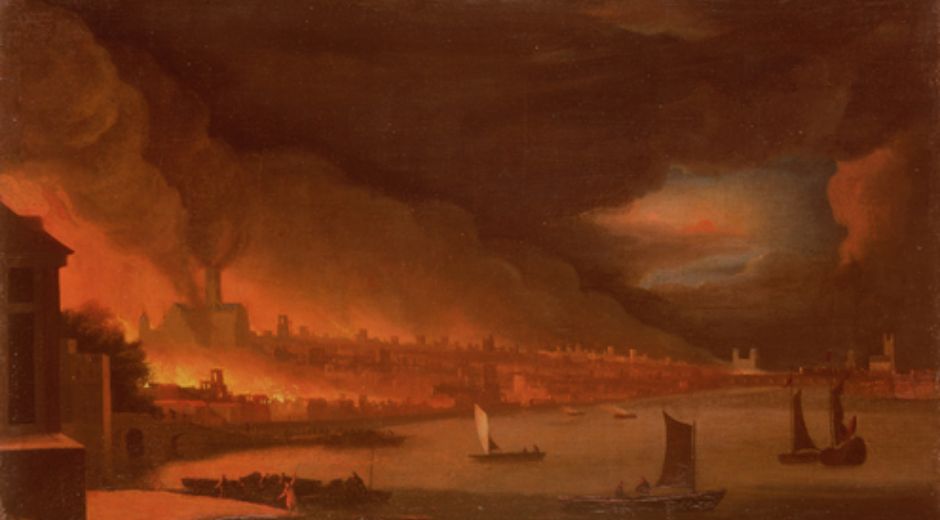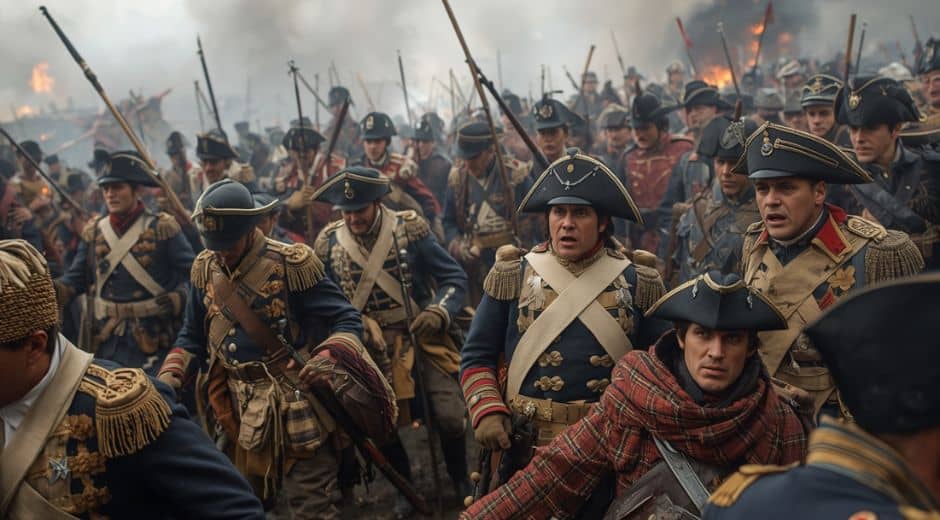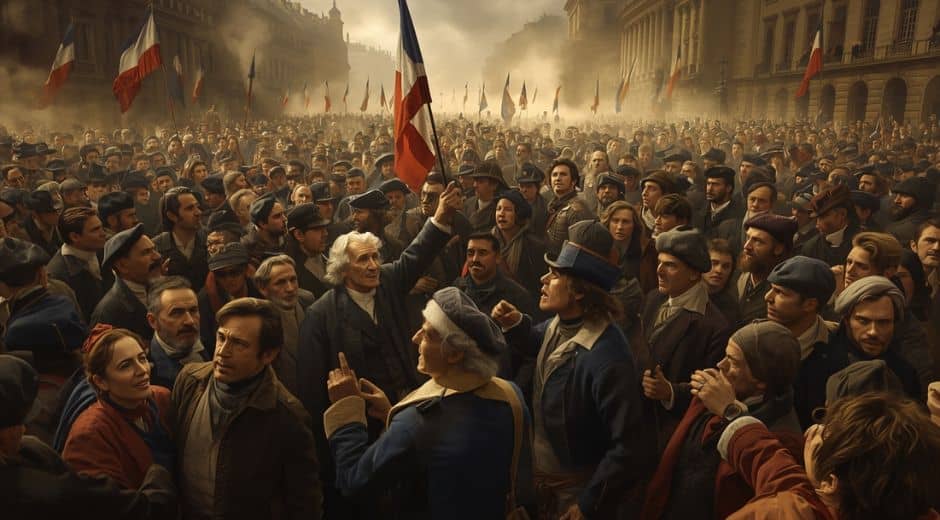The First World War: How Battles Redefined Nations
The First World War: How Battles Redefined Nations
Origins of the Conflict
The causes of The First World War were complex, rooted in nationalism, imperial competition, militarism, and tangled alliances. The assassination of Archduke Franz Ferdinand of Austria-Hungary in June 1914 served as the immediate trigger, but the conditions for war had been building for decades.
European powers were divided into two main coalitions: the Triple Entente, composed of France, Russia, and the United Kingdom, and the Triple Alliance, consisting of Germany, Austria-Hungary, and initially Italy (which later changed sides). These alliances meant that a localized dispute could quickly escalate into a full-scale global war, which is exactly what happened.
Key Battles That Shaped the War
The First World War saw some of the bloodiest and most strategic battles in history. On the Western Front, trench warfare became a defining feature. Soldiers endured harrowing conditions, constant shelling, and devastating losses. Battles such as the Somme, Verdun, and Ypres highlighted both the brutality of combat and the strategic importance of territory.
Meanwhile, on the Eastern Front, Germany and Austria-Hungary engaged Russian forces in more mobile campaigns. The Battle of Tannenberg, for example, demonstrated how superior tactics and communication could decisively influence outcomes.
The war also extended beyond Europe. Campaigns in Africa, the Middle East, and Asia revealed the global reach of The First World War, influencing colonial politics and setting the stage for future revolutions.
Alliances and Diplomatic Challenges
Alliances were central to both the outbreak and progression of The First World War. Countries’ obligations to support their partners meant that local conflicts could spiral into continental or global wars. Diplomacy attempted to mediate disputes, but pride, miscommunication, and strategic miscalculations often undermined these efforts.
Neutral countries, like the United States, initially resisted involvement. However, the war’s scale and global implications eventually drew them in. The U.S. entry in 1917 provided the Allies with fresh troops, resources, and economic support, altering the trajectory of the conflict.
For deeper insights into the political and economic consequences of these alliances, Politicxy offers detailed analyses of how treaties and diplomacy shaped international relations during The First World War.
Technological Innovations and Modern Warfare
The First World War marked the dawn of modern warfare. Tanks, machine guns, chemical weapons, aircraft, and advanced artillery dramatically changed the dynamics of battle. Trench warfare, fortified positions, and new logistics challenged traditional combat strategies and demanded rapid adaptation.
Industrial and economic forces also played a crucial role. Factories produced weapons, uniforms, and essential supplies at unprecedented scales. For more on the economic impact of wartime production, FinanceWorldHub explores how these innovations shaped industry and global financial systems.
The mechanization and industrialization of war made planning and communication more critical than ever. Railroads, telegraphs, and intelligence networks were central to military strategy, setting a precedent for future conflicts.
Life on the Home Front
While soldiers faced the horrors of the frontlines, civilians experienced profound challenges. Food shortages, rationing, and inflation affected daily life. Women entered the workforce in greater numbers, filling roles in factories, hospitals, and administrative positions previously reserved for men.
Governments used propaganda to shape public opinion and maintain morale. Posters, newspapers, and speeches emphasized duty, heroism, and national pride. These efforts were essential in sustaining the war effort and creating a collective identity during The First World War.
The Global Impact
The aftermath of The First World War brought widespread political, social, and economic transformations. The Treaty of Versailles imposed strict conditions on Germany, redrew borders, and led to the collapse of empires. New nations emerged, and revolutions occurred across Europe and the Middle East.
The war’s legacy extended to international diplomacy and military strategy. The League of Nations, formed to prevent future conflicts, reflected lessons learned from the war. Studying The First World War provides insight into how global conflicts reshape political and social structures.
For those interested in exploring the broader historical impact, Chronostual offers detailed resources on how The First World War influenced modern global history.
Remembering the Great War
A century later, The First World War remains a pivotal chapter in human history. Memorials, literature, and educational programs keep the stories of sacrifice and resilience alive. Understanding these events allows us to grasp the complexity of international relations, the evolution of warfare, and the resilience of societies under extreme pressure.
The battles, alliances, and technological innovations of The First World War demonstrate how history is shaped by decisions, courage, and circumstance. By examining these lessons, we gain a clearer understanding of how global conflicts influence both immediate and long-term human development.
Conclusion
The First World War was more than a series of battles; it was a turning point in global civilization. Its influence touched politics, society, culture, and the economy. From the trenches of Europe to the broader world stage, the Great War redefined nations and shaped the course of the 20th century.
Through careful study of The First World War, we can appreciate the human experiences, strategic decisions, and technological innovations that influenced its outcome. Remembering this period is essential not only to honor those who lived through it but also to understand the forces that continue to shape our world today.
History Insight Legacy
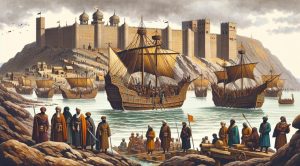
How Imperial Expansion Changed Borders And Cultures Forever
How Imperial Expansion Changed Borders And Cultures Forever
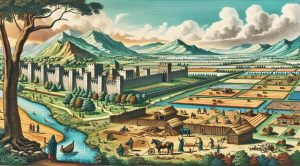
The Rise And Fall Of Early Kingdoms In World History
The Rise And Fall Of Early Kingdoms In World History

Lost Civilizations And What Archaeology Reveals About Them
Lost Civilizations And What Archaeology Reveals About Them
